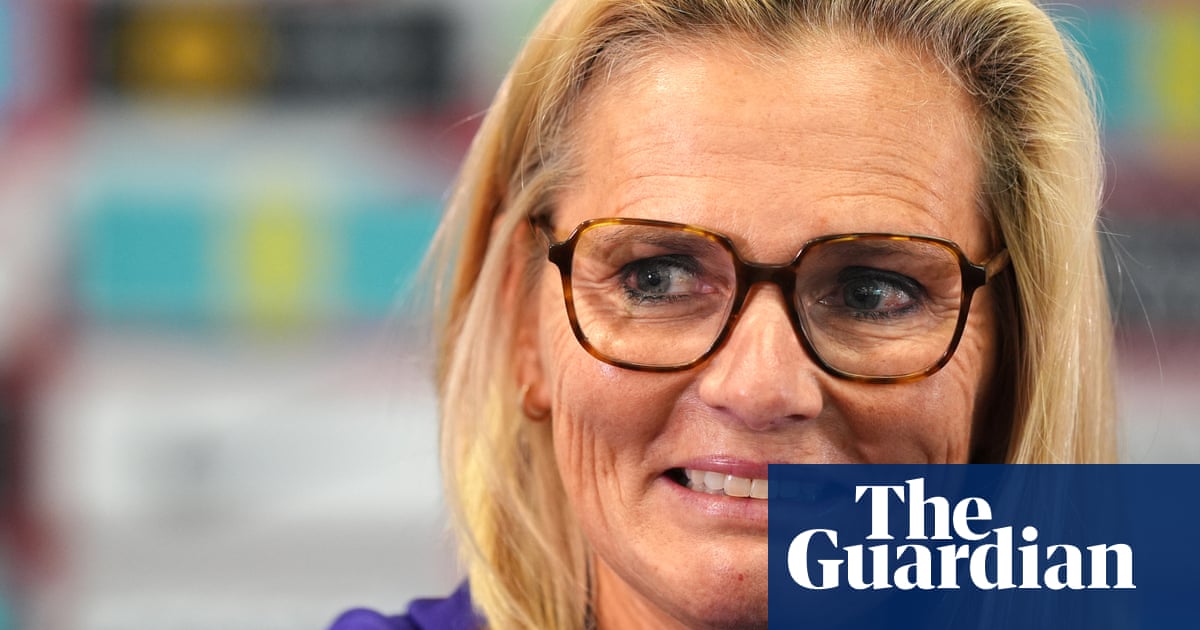The article dives into a significant development within the England women's football team as three highly experienced players—Mary Earps, Fran Kirby, and Millie Bright—have announced their absence from the Euro 2025 campaign. This pivotal decision, just weeks ahead of the tournament, raises questions about the team's depth and future prospects.
Impact on Team Dynamics
The departure of these seasoned players may lead to a shift in team dynamics, requiring younger or less experienced players to step up. The discussion among the panelists reflects a concern regarding whether the remaining squad members can adequately fill the void left by Earps, Kirby, and Bright. This situation may also create an opportunity for fresh talent to emerge, as indicated by the mention of Aggie Beever-Jones’ breakout moment.
Public Perception and Sentiment
By highlighting this news, the article aims to foster a narrative around resilience and adaptability within the team, encouraging support from fans and stakeholders. The emotional weight of losing such experienced players could evoke a strong reaction from the audience, which may amplify discussions about the future of women’s football in England.
Omissions and Underlying Themes
While the article focuses on the team’s current situation, it could also imply a broader narrative concerning the challenges faced by women athletes, such as injuries or personal decisions that lead to team changes. However, there’s no overt indication that the article is concealing any significant information; rather, it sheds light on the evolving nature of the team.
Comparative Context
In analyzing this news against other recent developments in women’s football, one can observe a pattern of change across various teams, emphasizing the fluidity of player rosters. Such comparisons could indicate that the England team is not isolated in its challenges, potentially fostering a sense of solidarity among women's teams globally.
Societal and Economic Implications
The discussions surrounding the England women's football team could have far-reaching effects on societal attitudes towards women in sports. If the team performs well despite the absences, it may bolster interest and investment in women’s football, thereby influencing sponsorship and media coverage.
Target Audience
The narrative and tone of the article seem to appeal to fans of women’s football, sports enthusiasts, and advocates for gender equality in athletics. By engaging with this audience, the article seeks to cultivate a community that rallies behind the team during this transitional phase.
Market Influence
While this specific news may not have a direct impact on stock markets or global economies, it can contribute to the branding of women's football, potentially affecting sponsorship deals and merchandise sales for clubs involved.
Geopolitical Relevance
In terms of global power dynamics, the situation of the England women's football team reflects broader issues of representation and equity in sports. While not directly tied to current geopolitical events, it resonates with ongoing dialogues about women's rights and sports participation worldwide.
Use of AI in Article Composition
It's plausible that AI tools were employed in drafting or editing the article, especially in organizing the content and ensuring clarity. AI models designed for natural language processing might have assisted in formulating a coherent discussion, particularly in analyzing player statistics or historical performance metrics.
The article presents a reliable account of current events within women's football, maintaining factual integrity while also engaging in a narrative that resonates emotionally with its audience. However, the true impact of these developments will unfold as the Euro 2025 tournament approaches and the team adapts to its new reality.
